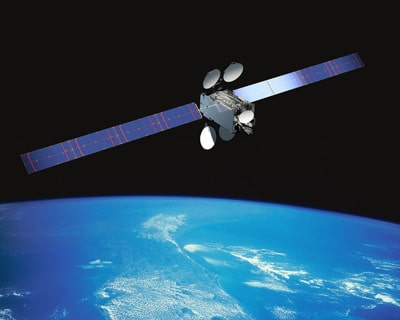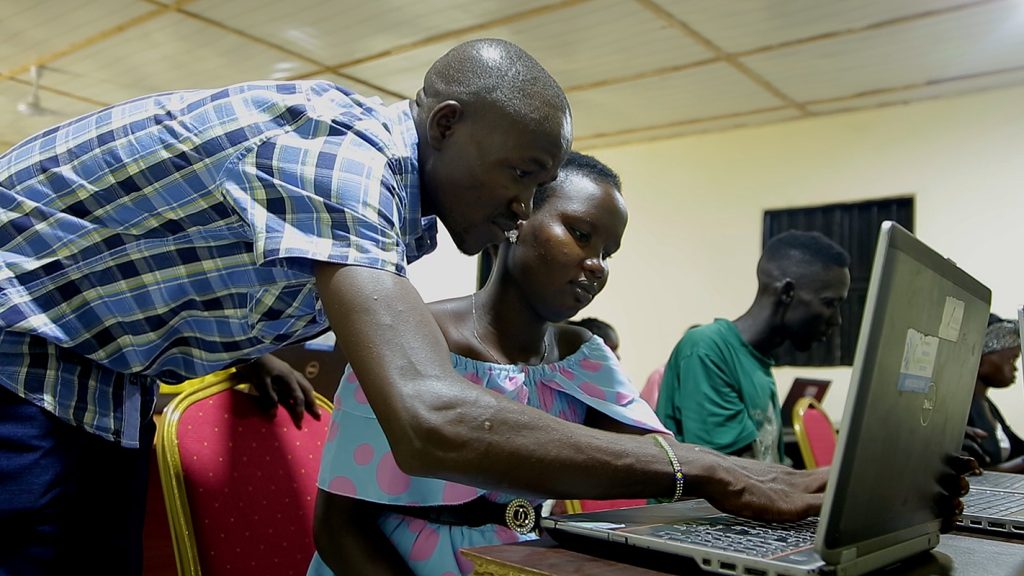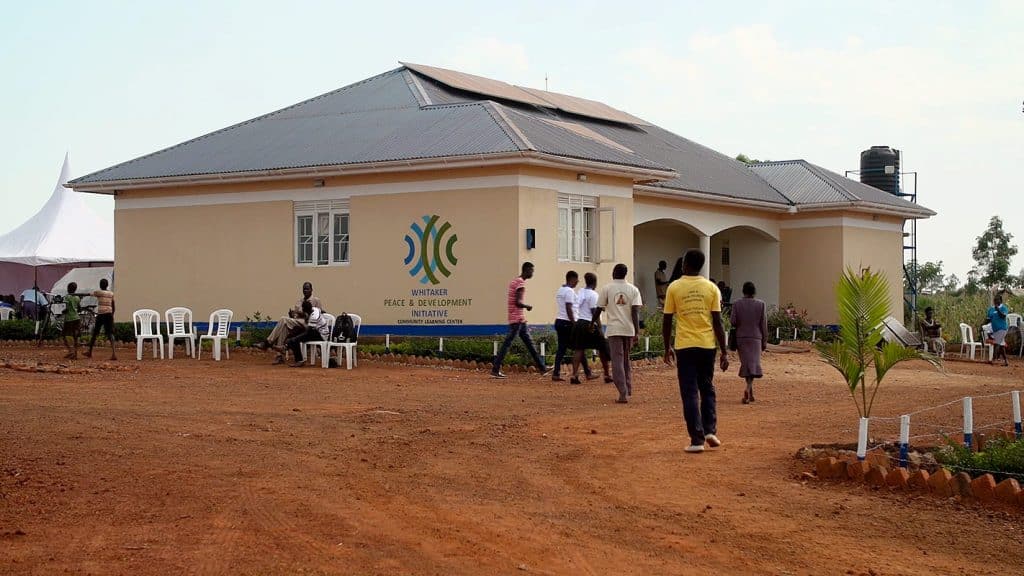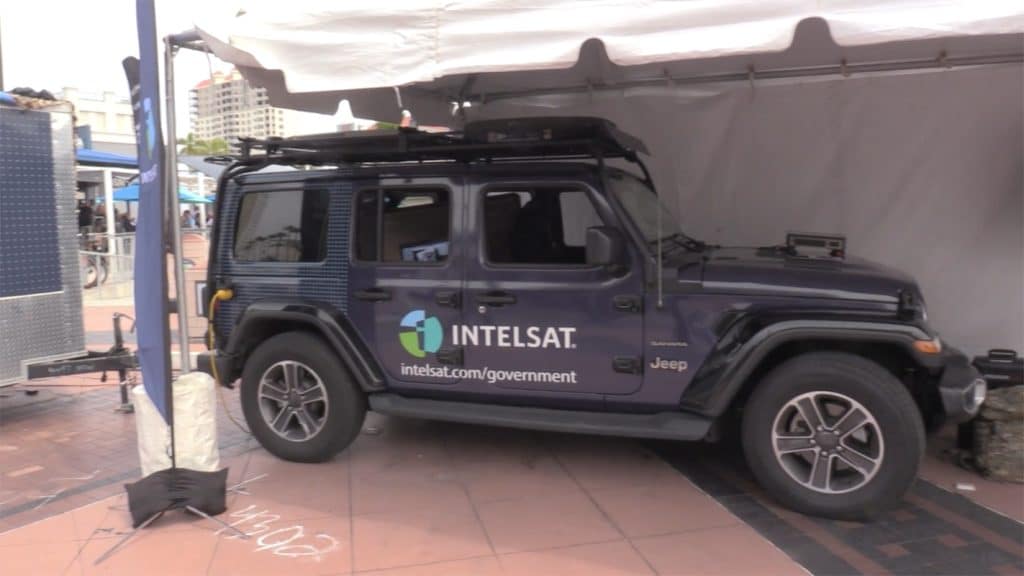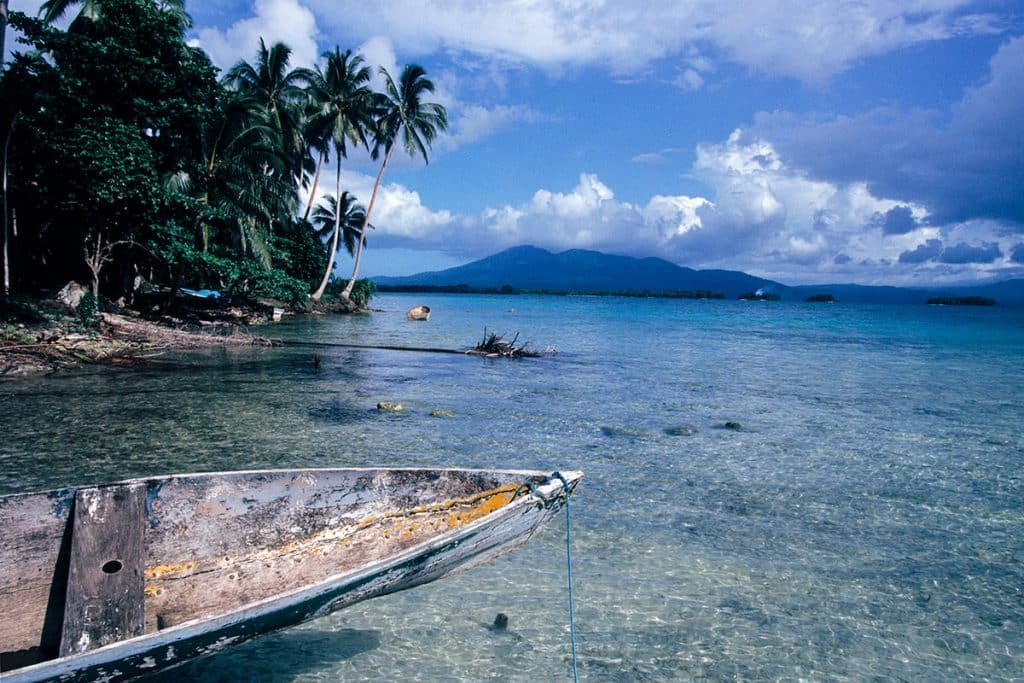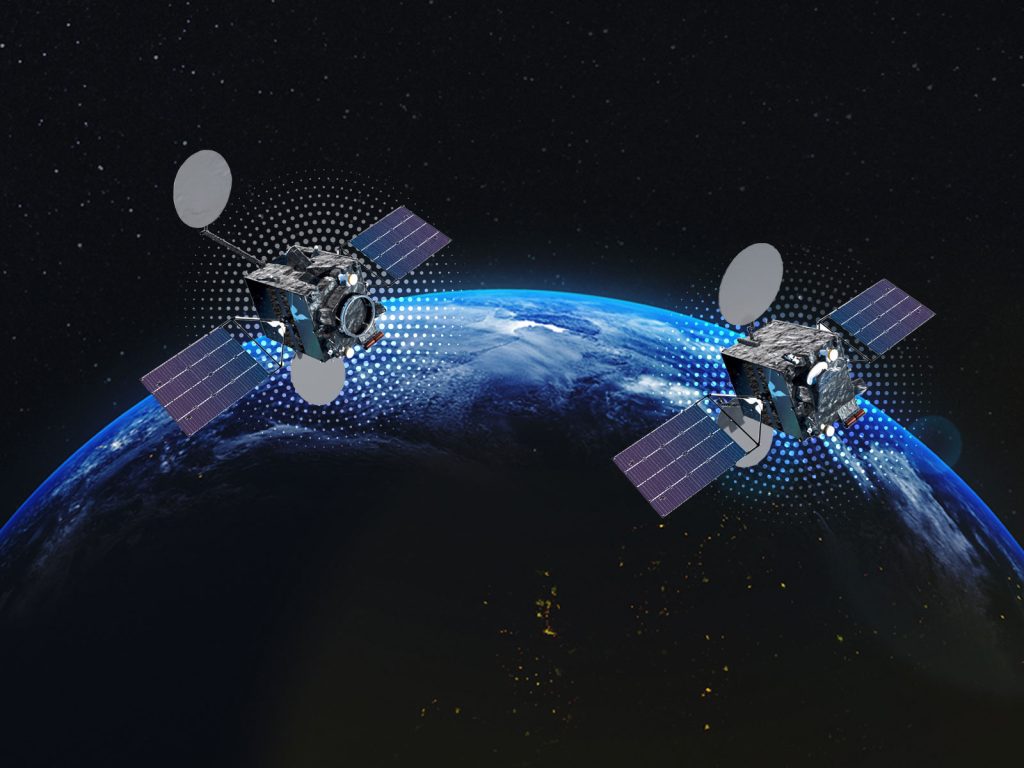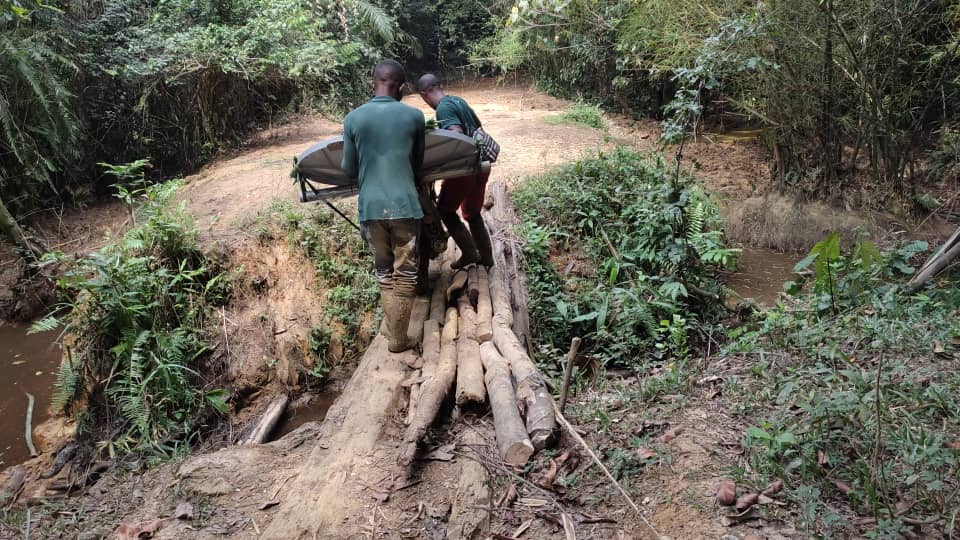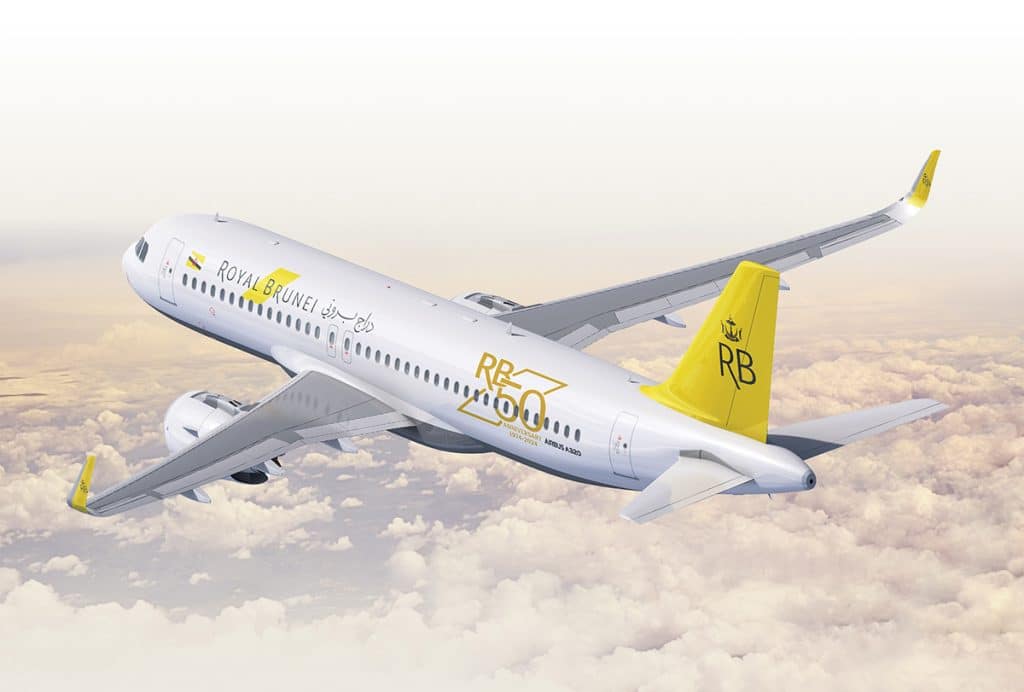HTS Satellite Coverage Will Offer Better Economics and Services to Africa
By Brian Jakins
For many Africans, high-throughput satellites are coming into service just in time. Falling oil prices have hurt the western part of the continent. Many telecommunications companies have been forced to consolidate, or have cut back on capital spending for new network services. Less foreign capital is flowing in because of concerns about economic conditions across the continent, and many countries are seeing their currencies decline against the U.S. dollar.
Now, satellites such as Intelsat’s new high-throughput Epic platform promise to deliver more data at lower cost per megabit than previous spacecraft, opening up a range of services and capabilities that were not possible before. Many telecom companies are looking carefully at the cost of operating their networks. With high-throughput satellites (HTS) offering three to five times the efficiency of earlier platforms, these companies are seeing the cost of ownership go down, and are thus able to expand their networks into new areas where demand for bandwidth has not been met.
Africa is made up more than 50 countries where people speak literally hundreds of languages and dialects. The challenges of running terrestrial fiber between urban areas are enormous, and the logistics of connecting rural communities even more daunting:
- Operators of 3G and 4G networks in Africa are seeing increased bandwidth requirements per user. In fact, some may move immediately to LTE implementations. Wireless network operators rely on satellite for key parts of their infrastructure, but they are approaching the limits of current satellite ground equipment and satellites for backhaul due to increased traffic load. Africa had 300 million mobile Internet users at the end of 2015, and that number is expected to grow to 550 million by 2020 – an increase of 13% annually.
- Wireless operators face challenging economics to provide thin routes to rural communities with few users or without electricity. Solar-powered options are often unfeasible because of the high energy consumption of remote equipment. The African Development Bank estimates that 70 percent of the population of sub-Saharan Africa does not have access to electricity.
- The unattractive economics of providing service to rural communities and extended return on investment slows down compliance with universal service obligations.
These challenges will not be overcome easily. High-throughput satellites with their lower cost per megabit are going to improve the economics of providing bandwidth and cellular backhaul to African telecom providers. With these new technologies, Intelsat believes that satellite will no doubt support a greater share of the continent’s communications infrastructure.
An important consideration for service providers is whether the high-throughput satellites are compatible with existing ground terminals so that they can avoid costly equipment replacement. The recently launched Intelsat 33e satellite, the second of the planned Epic constellation, uses the same Ku- and C-band spectrum as Intelsat’s wideband constellation, so providers can keep existing terminals and still achieve greater spectrum efficiency. Further, with the industry-leading digital payload featured on Intelsat 33e, customers are able to add Ku-band sites into an existing C-band environment, leveraging the existing hardware and matching reliability demands with economic requirements.
Our strategy as a company has been to connect the unconnected by working through non-government organizations (NGOs) active throughout the continent. Famine, drought and wars have caused refugee crises in many countries, and many NGOs are working to bring communications to refugee camps in many places. With the higher efficiency of Epic spot beams, we will be able to deliver bandwidth that uses solar-powered hardware for a highly cost-effective solution.
One initiative involves the United Nations High Commissioner for Refugees in Ghana. To provide connectivity to the refugee camps, we use our satellites to enable mobile kiosks that support local Wi-Fi connections.
Intelsat 33e will alter the total cost of ownership for wireless network operators, allowing them to increase revenue per site, and enable low-power solar options for remote locations. Intelsat 33e provides operators the choice of using satellite links as primary and/or backup solutions for backbone links due to increased throughputs and better economics.
We think that Africans have waited long enough for broadband access. We aim to prove to the wireless community the value that new HTS solutions can provide in terms of connecting the most remote regions of our world.






